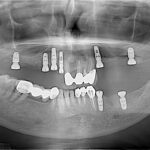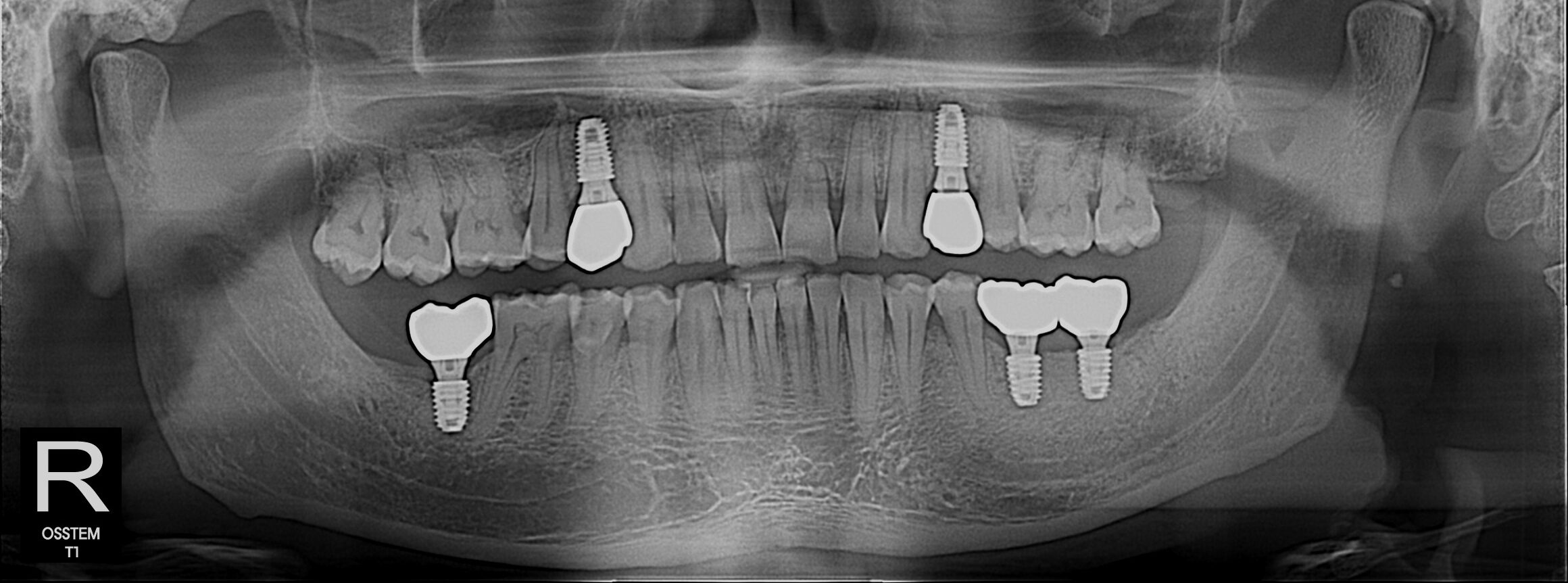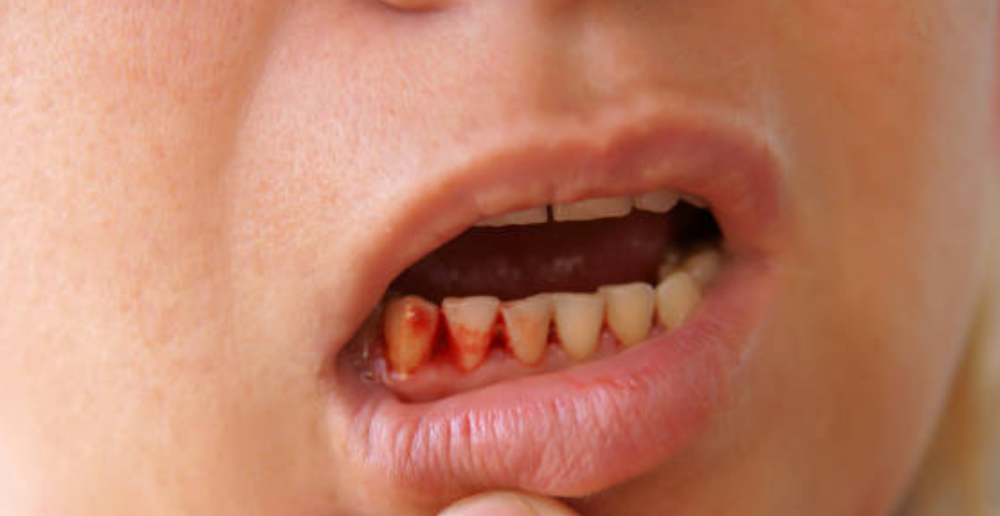A chipped tooth can be the root of many other problems if left alone.
A chipped tooth is one of the most common dental issues, often resulting from accidents or biting down on something hard. While it may seem minor, even a small chip can lead to discomfort or more serious oral health problems if left untreated. Understanding the causes, effects, and available management options is essential for addressing this issue effectively.
Ignoring a chipped tooth and failing to get it fixed can lead to increased chances of more substantial damage that could compromise the entire tooth.
Causes
Several factors can contribute to a tooth chipping, including:
Trauma or Injury: A fall, sports injury, or a car accident can exert sudden force on the teeth, leading to chipping.
Biting Hard Substances: Chewing on hard items like ice, nuts, or hard candy increases the risk of chipping.
Weak or Decayed Teeth: Teeth weakened by cavities, enamel erosion, or previous dental procedures are more susceptible to damage.
Bruxism (Teeth Grinding): Habitual grinding or clenching wears down enamel, making teeth prone to chips and fractures.
Effects
A chipped tooth can have both immediate and long-term consequences, such as:
Discomfort or Pain: The chip may expose sensitive inner layers of the tooth, causing sharp pain or sensitivity to hot and cold.
Sharp Edges: The broken portion of the tooth may create sharp edges that irritate the tongue or cheeks.
Increased Risk of Decay: Chips can leave the tooth vulnerable to bacteria, increasing the risk of cavities and infection.
Aesthetic Concerns: Chips in front teeth can affect appearance and self-confidence.
- No over treatment and International standard treatment plan.
- No Hidden Cost.
- Very well experience dentist , 20+yrs of clinical experience.
Management and Treatment Options
The treatment for a chipped tooth depends on the severity of the damage. Common management options include:
Smoothing and Polishing:
For minor chips, dentists may smooth the edges to prevent irritation.
Dental Bonding:
Involves applying a tooth-colored resin to repair the chip and restore the tooth’s appearance and function.
Veneers:
For larger chips, especially on front teeth, a veneer can be placed to cover the damaged area and improve aesthetics.
Crowns:
A crown may be recommended for significant chips to protect the tooth and restore its shape and strength.
Root Canal Therapy:
If the chip exposes the pulp (inner tissue), a root canal may be required to prevent infection and save the tooth.
Extraction:
In extreme cases where the tooth cannot be salvaged, extraction might be necessary, followed by a replacement option like a dental implant or bridge.
Preventing Chipped Teeth
While not all incidents can be avoided, certain precautions can reduce the risk of a chipped tooth:
Wear a mouthguard during sports or physical activities.
Avoid biting on hard objects or chewing ice.
Address bruxism with a night guard or stress management techniques.
Maintain good oral hygiene to keep teeth strong and healthy.
Conclusion
A chipped tooth can range from a minor cosmetic issue to a significant dental concern. Prompt attention and appropriate treatment are essential to avoid complications and restore oral health. Regular dental check-ups and preventive care play a vital role in maintaining strong teeth and minimizing the risk of chipping. If you experience a chipped tooth, consult your dentist promptly to determine the best course of action.








Comments
adamgordon
Thanks for sharing this post, it’s really helpful for me.
annabrown
This is awesome!!